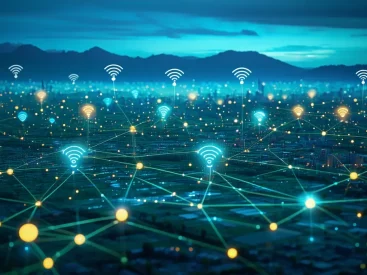Circular Economy Information and communication technologies (ICT) have revolutionized all of our lives. The way we communicate, shop, entertain ourselves, manage administrative procedures and financial services, take care of ourselves, learn, and work has undergone an unprecedented transformation, accelerated by the COVID crisis. This digital transformation has enabled inclusion and made many previously inaccessible services available to millions of people, particularly in Africa. The use of ICTs in Africa, which will continue to increase in the coming years at an average annual growth rate of over 6%, has already led to the import of large volumes of electrical and electronic equipment to build information highways (telecoms and computer networks) and provide access to digital services via various means (computers, mobiles, tablets, etc.). As Africa’s digital transformation continues, it is accumulating waste electrical and electronic equipment (WEEE, or WEEEW), with no effective or controlled local solutions for reducing and processing it. Today, barely 1% of WEEE is processed in Africa, and this waste has a very high carbon footprint; processing it through existing informal channels exposes those involved to serious health and environmental risks. Consequently, local management of WEEE represents a real economic, environmental and health challenge. The circular economy […]
Click here to view original web page at www.telecomreviewafrica.com



